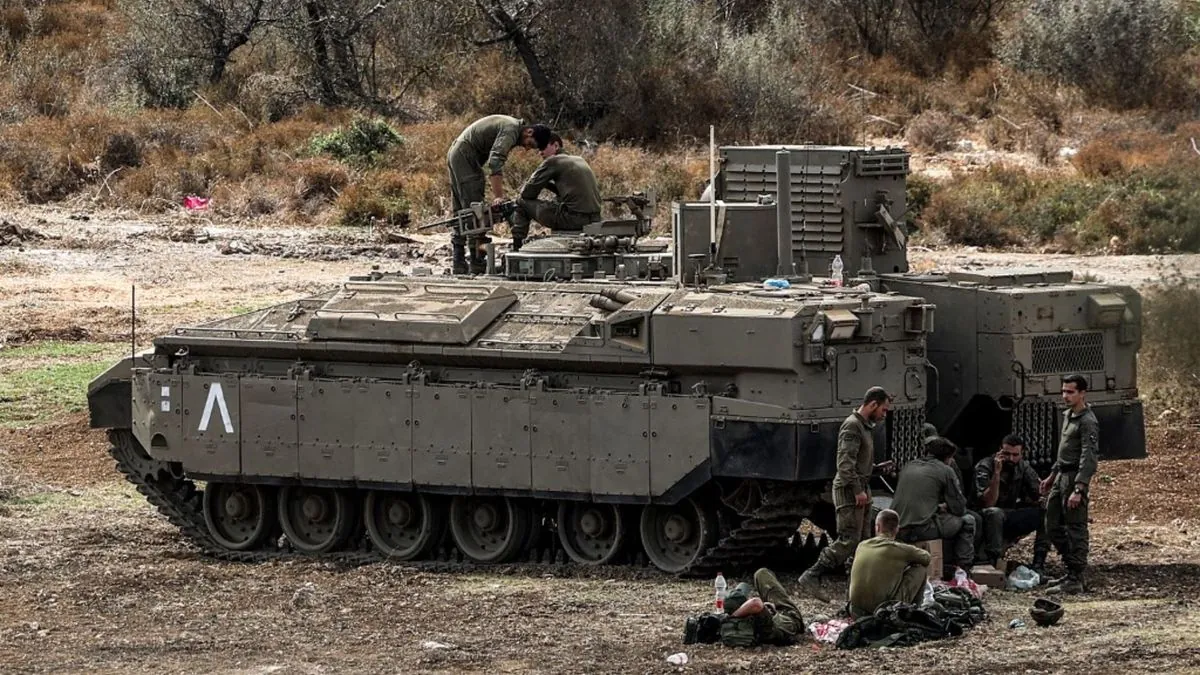In a significant escalation of tensions, Israel has initiated a restricted ground operation into Lebanon, aiming to neutralize Hezbollah forces in the southern region. This move marks a new phase in Israel's expanded campaign against the Iran-supported militant group, which has been ongoing since October 2023.
Israel's recent actions have demonstrated a remarkable improvement in its intelligence capabilities. The country has successfully disrupted Hezbollah's communication networks by disabling thousands of pagers and walkie-talkies used by the organization. This strategic move has severely hampered the group's ability to coordinate complex operations.
Perhaps the most notable achievement in Israel's campaign was the elimination of Hassan Nasrallah, Hezbollah's long-standing leader, in an airstrike on Beirut last Friday. This operation, along with the targeting of other senior leaders, showcases Israel's enhanced intelligence gathering and precision strike capabilities.
The conflict has roots dating back to October 8, 2023, when Hezbollah began launching rockets into northern Israel in solidarity with Hamas. Since then, both sides have engaged in near-daily exchanges of fire across the Israel-Lebanon border.
Israel's current strategy against Hezbollah reflects lessons learned from the 2006 war, which was largely viewed as unsuccessful for Israel. The country has since developed a new operational concept, the Momentum Plan, unveiled in 2019. This plan focuses on rapidly neutralizing Hezbollah's military capabilities in the event of a conflict.
"This is a new type of warfare, and Hezbollah and Iran did not expect this. They were preparing for the 2006 war, which was tanks coming across the border."
The ongoing campaign has revealed Israel's extensive penetration of Hezbollah, a group that has historically been difficult to infiltrate. This success has helped restore confidence in Israel's intelligence services, which faced criticism following the Hamas attack on October 7, 2023.
It's worth noting that Hezbollah, founded in 1985, has also evolved since the 2006 conflict. The organization has expanded its arsenal, including precision-guided munitions and drones, and has gained combat experience in Syria. Hezbollah's military wing is estimated to have between 25,000 to 50,000 fighters, and its rocket arsenal is believed to contain over 130,000 rockets and missiles.
However, Israel's recent actions have left Hezbollah in a vulnerable position. The disruption of their communication networks has significantly impaired their ability to coordinate sophisticated responses. This development raises questions about Hezbollah's capacity to mount an effective counteroffensive.
As tensions escalate, the situation remains volatile. Iran's recent launch of nearly 200 ballistic missiles at Israel in retaliation has heightened concerns about a potential regional conflict. The international community watches closely as this new chapter in the Israel-Hezbollah conflict unfolds, with implications that could reshape the geopolitical landscape of the Middle East.
